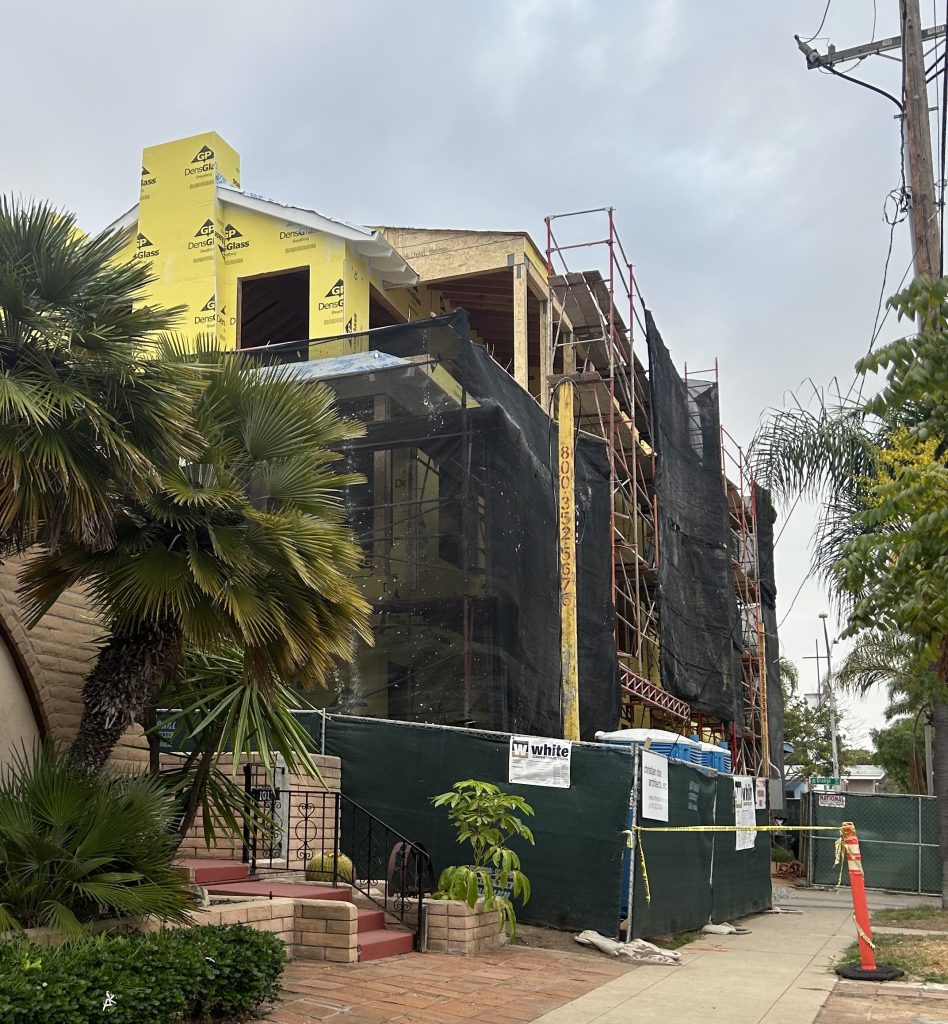
After threatening legal action against Coronado if it did not comply with its mandated housing allocation, the attorney general on Oct. 20 announced an agreement with the city.
“The City of Coronado has wisely chosen to collaborate with us and confront its housing challenges head on,” California Attorney General Rob Bonta said in a statement. “There’s no question that this moment is long overdue — I want to thank the current Coronado City Council for finally doing the right thing.”
Under the settlement, Coronado will expedite the adoption of a compliant housing element by no later than April 16, 2024, and until then, the city agreed not to deny housing projects on the basis of zoning or general plan inconsistencies.
The city also must modify its zoning code and local coastal plan by May 7. The agreement, submitted as a proposed stipulation judgment, must still be approved by the court.
Coronado unveiled a draft housing element plan that zones for its mandated 912 units on Oct. 6. Of those units, 481 of them must be for lower income households, based on the city’s Regional Housing Needs Allocation (RHNA).
It’s an unpopular plan with both residents and city politicians, who say Coronado cannot support that many housing units, but it’s required under state law. California adopted its housing cycles in 1969 in effort to mitigate the housing crisis by increasing inventory, especially for lower earning households.
The Coronado City Council on Oct. 18 voted to submit its compliant plan to the California Department of Housing and Community Development for approval.
A large part of that plan included 374 units of barracks housing the U.S. Navy has secured funding to build. In the past, military housing was ineligible for inclusion in housing element plans, but the HCD has indicated it will accept these units.
“The housing crisis we are facing in California is enormous, and the only way we can tackle it is if every local government follows the law and builds its fair share of housing,” Bonta said. “Today should serve as a valuable lesson to counties and cities across the state: No matter your situation, state leaders are willing and able to help you deliver housing for all of your residents. If we could get it done in Coronado, an island city where a military base and a port sits on more than half of it, we can get it done elsewhere, too.”
If Coronado does not abide by the settlement, it may lose its authority over its development and face fines.
City lawmakers have argued that Coronado received an unfair allocation ever since the San Diego Association of Governments announced how many units the city must rezone for. In the housing cycle immediately preceding this one, Coronado was only assigned to 50 housing units.
After a failed lawsuit and attempt to submit a housing element plan for fewer units, the city worked in conjunction with the HCD to develop a plan the state would approve.
“This agreement provides the City of Coronado the certainty and State support necessary to attain a compliant Housing Element,” said Coronado Mayor Richard Bailey. “Grappling with a RHNA allocation that is much greater than in prior cycles, the combined creativity of the City and State was brought to bear for this workable solution. With a shared goal of developing a meaningful and achievable plan to reach compliance, we’ve found resolution to a years-long challenge.”
Although the city must zone for additional housing, that does not mean more housing will develop: That decision falls to property owners. One proposed site is owned by the Coronado Unified School District, which released a statement yesterday saying the plan has no influence on its future plans.
The current housing cycle ends in 2029, after which Coronado will have to plan for its next allocation of housing units.
“Every single city and county in the state will be held accountable for building their fair share of housing,” said Governor Gavin Newsom in a statement. “The state is doing more than ever to streamline construction, and we will continue working with communities to build more housing, faster in order to support Californians.”
The attorney general’s petition for writ of mandate against Coronado can be read here.





